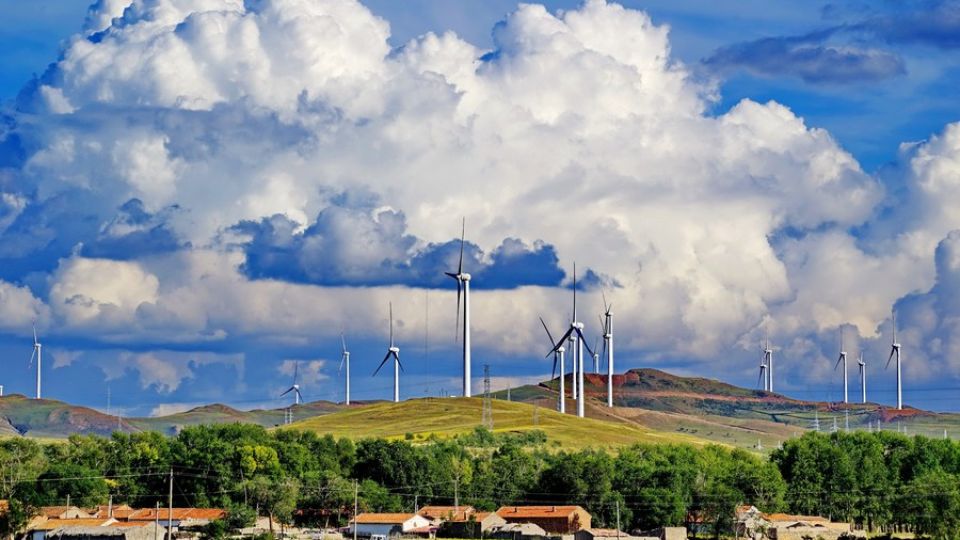October 4, 2022
BEIJING – Climate experts have urged more Sino-US cooperation in reducing carbon emissions from ships and aircraft.
The calls were made at a webinar on Thursday, with one speaker pointing to the progress over the past decades in making land transport cleaner and the need to expand those gains.
“We really feel like now is the time to extend that to the seas and the skies,” said Madeline Rose, who leads climate campaigns at Pacific Environment, an advocacy group in California.
The regulatory bodies in China and the US have a strong incentive to end port pollution, she said.
Ships and planes have become more and more present in people’s daily lives. But with the pandemic-induced supply chain crisis and the port jams that followed, this issue really got pushed to the front burner, Rose said.
Xie Zhenhua, China’s special envoy for climate change, said in August that the US is fully responsible for the current halt in China-US climate cooperation.
And despite the suspension, China has always been a proactive contributor to the global climate process by persistently cooperating with other countries in dealing with climate change.
Despite the setback, Rose is encouraged by the “green corridor “partnership signed at the start of the year between the ports of Shanghai and Los Angeles, which aims to create a zero-emissions corridor along one of the world’s busiest cargo trade routes by 2030.
The Port of Long Beach has already signed on to the partnership, and many other ports around the Pacific Rim are considering joining the alliance, she said.
“So it’s a great first step that does enjoy national support on both sides. And then domestically within China, we see strong potential for inland corridor electrification,” Rose said. She spoke of the Yangtze River region.
Dan Rutherford, program director for the aviation and marine programs at the International Council on Clean Transportation, or ICCT, an environmental group, said the maritime and aviation industries “are huge markets “for the US and China. Bilateral trade is responsible for about 2.5 percent of global shipping carbon dioxide emissions.
The three largest passenger markets for commercial aviation in 2019 were the US, the European Union and China. They together accounted for more than half of the total global CO2 emissions from passenger operations, according to the ICCT’s research.
The International Civil Aviation Organization, the UN body that coordinates the principles and techniques of global air navigation, is meeting to hammer out an agreement to reach net-zero airline emissions by 2050.
The webinar, titled “Opportunities for near-term US-China climate action: Tackling the aviation and maritime transportation sectors”, was organized by the California-China Climate Institute at the University of California, Berkeley.


